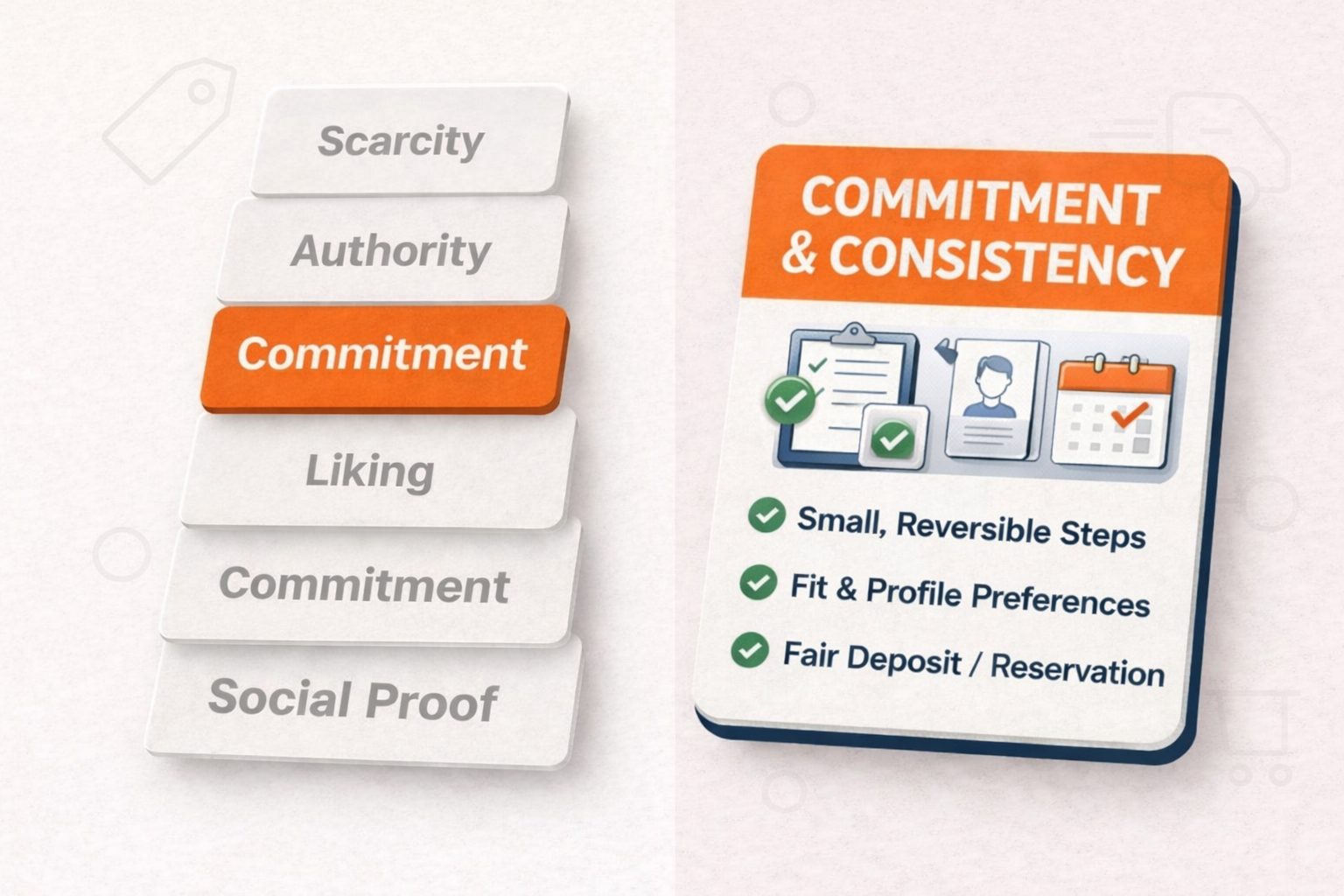
Inspired by a true story
Here is the story, published on Reddit by user DigitalAssets:
Need to vent about my Magento 2 Go Live Nightmare
Let me preface this by admitting I have no serious experience with Magento. I am learning on the fly and through tutorials. My dev knowledge only goes so far. I do have experience with e-commerce and basic web development using HTML, CSS (WordPress mainly), and chose Magento based on the level of customisability and community approval.
I’m the eCommerce executive for an online wholesaler. We were mean’t to go live on Monday 29th April. Fast forward to 8th May (today) and we had to push live a broken website or I feared I would lose my job. Also, the anxiety was killing me so bad I was contemplating doing awful things to myself. I can’t afford either of this because I’m a new Dad and need this job.
Anyway, my first developer promised me he was from the UK. Enter Tony. He would do the work for a nominal fee. I paid upfront. He did around 60% of it and got lazy then made excuses. And was barely contactable on Skype.
This led to me looking for another developer, enter Will. Definitely from the UK this time. He was extremely diligent, excellent communication and seemed to know everything about Magento 2. I paid upfront. A week later, Will makes excuses but promises the site will be “live in the morning”. He’s just transferring files.
So now I’ve paid 2 different developers and have a buggy, broken eCommerce site and am possibly going to get fired at the end of the month for overspending for such a poor end-result. What have I learned? Never pay upfront.
I’m now in a state of constant anxiety and it’s tearing me apart.
Pretty sad story, right? An eCommerce project turned to a total disaster causing non-working online store, lost time, money to the merchant and serious stress to the manager responsible for it. Unfortunately such situation is not unique and happens even with big businesses as recent a Hertz vs Accenture case shows.
Let’s review, what were the mistakes that made this project a catastrophe.
1. Inexperienced project manager
As DigitalAssets admitted, he has no serious experience in Magento. It may be fine if there was an experienced project manager vendor side involved, but it wasn’t the case – the merchant decided to cut corners and only hire individual developers.
Magento is pretty complex system and building Magento-based store without experienced project manager is very risky. Many other mistakes are related with this first one.
2. Hiring an individual developer for a complex ecommerce project
Typical Magento website is a pretty complex project requiring multiple experts:
- project manager
- business analyst
- UX designer
- graphic designer
- front-end developer
- back-end developer
- devops specialist
While some of that roles may be combined in one person (like project manager can be a business analyst too), it is impossible to expect that a single developer can cover all roles. It just never happens.
The business will be better of hiring another business (Magento specialized agency or consultancy like Magenable) rather than an individual developer. Yes, it is more expensive, but the cost is not the only factor a smart merchant should consider. Working with a business rather than individual developer doesn’t guarantee your project success, but increases the chances of that.
Combined with the first problem (inexperienced project manager) it was a big mistake.
3. Paying 100% upfront
Paying 100% upfront may be OK for a small fix, but not for a bigger ecommerce project. Right way is to split payment by either milestones (for fixed price projects) or by calendar (like monthly or fortnightly installments) for time and material based projects.
4. Not having proper framework
Here we have an assumptions, but based on the story and follow-up comments it looks like there was no clear framework set between the developers and the merchant: contract, specifications, acceptance criteria, etc.
That leads to the divergence of expectations: what should be done and what shouldn’t in the frame of the agreed budget.
The situation easily goes to lose-lose if that expectations become different for a developer and a merchant, especially with fixed-price projects.
IT is a labour intensive industry and if someone gives you estimation having in mind that the job will take X hours and then (for right or wrong) it appears that it is taking 2X hours at the best your project will be shifted in low-priority corner and at worst a developer will just disappear, especially if this is an individual developer who don’t care much about his/her brand.
Hence fixed price projects must have very specific and detailed requirements and merchants need to understand that work beyond the requirements will cost extra money and take extra time.
The right way to do it
How would we suggest to approach this eCommerce project to avoid disaster?
- Do your homework 1. Understand your requirements and prepare a proper brief/request for quote document
- Do your homework 2. Conduct a market research and identify potential vendors who can deliver. Prepare list of potential vendors.
- Distribute your brief/RFP among potential vendors and collect responses
- Shortlist the best vendors, look beyond prices (platform expertise, experience, past projects, certifications)
- Meet with the shortlisted vendors, better in person
- If you see that all proposals are not in the frames of your expected budget – either review your requirements or increase the budget
- Select the best vendor and sign proper contract with clear framework, deliverables and multi-step payments.
- Manage the project properly, control interim deliverables, time, budget, risks along the way, not in the last couple days before the deadline.
Finally, if you need any help with your eCommerce project – from consulting on vendor selection to turn-key solution – feel free to contact us!
Reference to original story at Reddit:
https://www.reddit.com/r/Magento/comments/bm29kh/need_to_vent_about_my_magento_2_go_live_nightmare/





